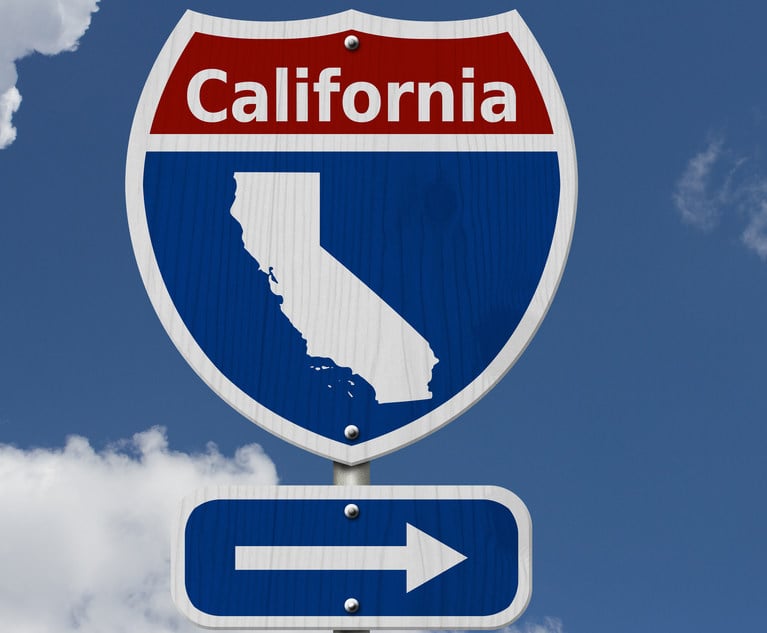NU Online News Service, Oct. 29, 4:05 p.m.EDT
|WASHINGTON–The House Democratic leadership todayproposed health care reform legislation that includes a publicoption at an estimated cost of $894 billion over 10 years.
|It would create a new government-regulated insurance "exchange"where private companies would sell policies in competition with thegovernment and would remove anti-trust exemptions for healthinsurers.
|The bill adds a new provision that would add incentives for thecreation of additional state-based non-profit "cooperatives."
|But it contains a provision that assures insurance agents'ability to continue to offer all products sold in the "exchange"environment.
|Specifically, the language says that nothing in the legislation"shall be construed to affect the role of enrollment agents andbrokers under State law, including with regard to the enrollment ofindividuals and employers in qualified health benefits plansincluding the public health insurance option."
|It also contains provisions removing the health insurersantitrust exemption provided to carriers under theMcCarran-Ferguson Act.
|Another provision authorizes the Federal Trade Commissionauthority to examine the health insurance industry on its owninitiative.
|And, according to officials at the Council of Insurance Agentsand Brokers, the exchange provision includes language that grantsauthority to the "exchange board" to provide counseling andassistance to small businesses purchasing products through the newmechanism.
|Specifically, the provision states that the board commissioner,in consultation with the Small Business Administration, willinclude the following services: "Educational activities to increaseawareness of the Health Insurance Exchange and available smallemployer health plan options; distribution of information to smallemployers with respect to the enrollment and selection process forhealth plans available under the Health Insurance Exchange…"
|It would also have the SBA provide standardized comparativeinformation on the health plans available under the HealthInsurance Exchange.
|Information would also be provided to small employers withrespect to available affordability credits or other financialassistance; referrals to appropriate entities of complaints andquestions relating to the Health Insurance Exchange.
|Material given to small employers would also include enrollmentand plan selection assistance for employers with respect to theHealth Insurance Exchange; and responses to questions relating tothe Health Insurance Exchange.
|In a statement, Joel Kopperud, a director of governmentrelations for the CIAB, said that "We certainly continue to believethat this legislation has numerous negative implications for theemployer-provided group health insurance marketplace."
|Mr. Kopperud said the major concern is about the "crowd-out"impact of a Medicare-based, government-run health insurer thatwould compete against private health plans.
|In addition to creating such a "public option," the legislationwould eliminate medical underwriting for all groups and establish anarrow community rating law (with no more than a 2-1 rating ratiofor older, sicker workers as compared to the young and healthy),Mr. Kopperud said.
|The National Association of Health Underwriters reiterated thesame concerns it had with the Senate bill providing a publicoption. Kelly Loussedes, NAHU vice president of public relations,said its members are "very disappointed."
|Ms. Loussedes said that, "By injecting more competition into theinsurance market, this might seem like an intelligent way to loweroverall health care costs."
|The truth, though, she said, is that a 'public option' wouldsimply shift health care costs onto private payers — and underminethe private insurance system in the process."
|Under the proposed legislation, federal subsidies would beavailable to millions of lower-income individuals and families tohelp them afford the policies and to small businesses as anincentive to offer coverage to their workers.
|The House bill includes a new provision that would require thesecretary of health and human services to negotiate drug prices onbehalf of Medicare beneficiaries.
|It would also require most Americans to obtain insurance andwould require employers to provide health benefits to workers orpay a penalty.
|Small businesses would be exempt from the employer mandate ifthey had payroll less than $500,000 a year, double the threshold inthe Democrats' original bill, introduced in July.
|The legislation would be financed by a combination of cuts inplanned Medicare spending and an income tax surcharge of 5.4percent on individuals making at least $500,000 annually andcouples making at least $1 million.
|The bill would require nearly everyone by 2013 to sign up forhealth coverage either through their employer, a government programor the new exchange.
|In the meantime, a temporary government program would helppeople turned down by private insurers because of medical problems,lawmakers said. After that, insurers could not refuse to providecoverage to the sick, nor could they charge more because of poorhealth of the insured.
|The plan also calls for a significant expansion of Medicaid, thefederal-state health program for low-income people. And it wouldimpose a requirement on employers to offer insurance to theirworkers or face penalties.
Want to continue reading?
Become a Free PropertyCasualty360 Digital Reader
Your access to unlimited PropertyCasualty360 content isn’t changing.
Once you are an ALM digital member, you’ll receive:
- All PropertyCasualty360.com news coverage, best practices, and in-depth analysis.
- Educational webcasts, resources from industry leaders, and informative newsletters.
- Other award-winning websites including BenefitsPRO.com and ThinkAdvisor.com.
Already have an account? Sign In
© 2024 ALM Global, LLC, All Rights Reserved. Request academic re-use from www.copyright.com. All other uses, submit a request to [email protected]. For more information visit Asset & Logo Licensing.








